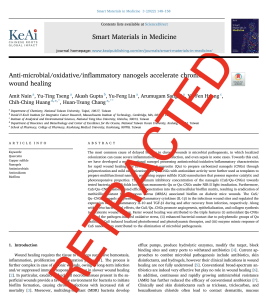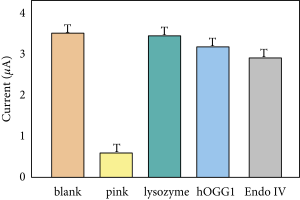An article based on results from an online survey has been retracted for data issues, and an Australian university is investigating what happened.
The article, “International nursing students’ perceptions and experiences of transition to the nursing workforce – A cross-sectional survey,” became available online on Jan. 29, 2022.
Published in the journal Nurse Education in Practice, the study reported 110 responses to an online survey of nursing students who came to Australia from other countries and planned to remain there to work.
The retraction notice, posted this month, stated:
Continue reading ‘Compromised’ survey data leads to article retraction and university investigation








